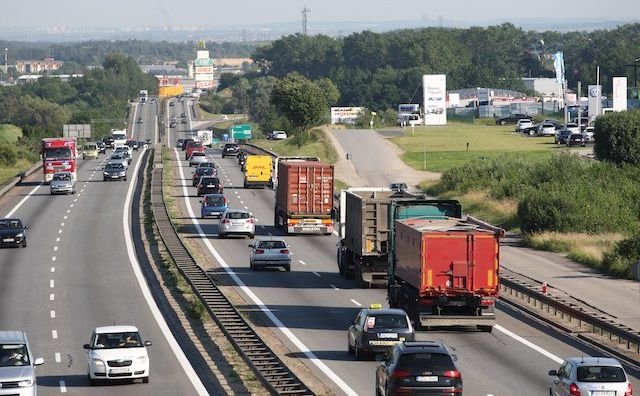The EU’s international trucking business, now dominated by highly competitive companies in Central Europe, could be disrupted by Brussels’ clumsy attempt to protect freight carriers in countries with minimum wages. This issue has political repercussions for the European Union as well.
Something small
Today, Germany alone lacks about 40,000 truck drivers, and the problem is getting worse. Trucking companies from Central Europe, mostly from Poland, are filling the void and providing an essential service for the EU economy. The scheme imposes higher labor costs on the most competitive EU transport companies. At the economic and political levels
The European Union’s Transport, Telecommunications and Energy (TTE) Council has approved a set of rules that, if passed by the European Parliament, will mandate that truck drivers transporting goods within another EU country be paid according to that country’s own compensation scales. For example, a Polish driver, working for a Polish trucking company, will need to be paid according to the minimum wage rules for drivers in Germany when delivering goods to or even transiting that country. The rules also impose onerous time limits on coastal shipping shipments.
Such regulation, which aims to protect companies in EU countries with higher minimum wages, would violate the principle of free exchange of services. Aside from the huge burden of red tape imposed on companies, the proposed rule would significantly disrupt international trucking services within the EU and potentially devastate the sector in Central Europe.
From the point of view of Western European countries, this measure is counterproductive and irrational. Let us consider here the situation in Germany. The country is facing an alarming shortage of truck drivers. Each year, about 67,000 professional truck drivers leave the workforce while only 27,000 start working. Germany lacks around 40,000 truck drivers a year, causing bottlenecks in the entire logistics industry. The problem is getting worse and worse.
As a result, Europe’s largest economy has become increasingly dependent on Central European companies for this essential service. New rules established by the TTE would deal a crushing blow to this division of labor.
The social benefit of the proposed rule is also questionable. The current salaries of Polish truck drivers allow them to enjoy a lifestyle similar to that of their German colleagues, thanks to the lower costs of living in Poland.
This is another populist and short-sighted measure, which France strongly supports. If it becomes law, it will have the unintended consequence of further damaging the cohesion of the European Union.





